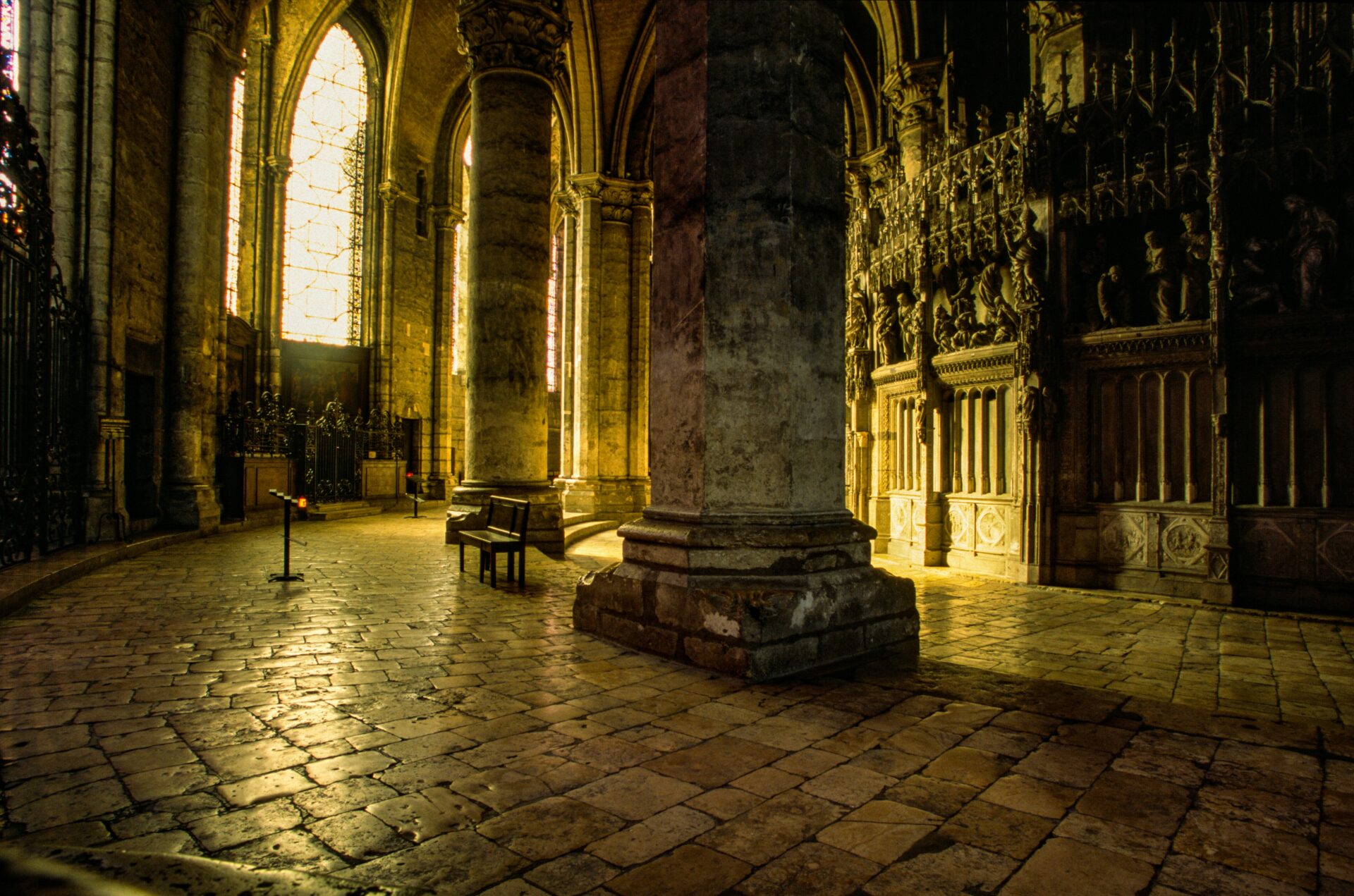The one thing philosophy and theology teach us is the basic impossibility of our limited rational capacities to truly understand the Divine Reality. Any attempt only puts limits and restrictions on the nameless and formless. Because of this the early Christians saw attaching any name to God as blasphemy. There are ultimately no right answers; ideas often contradict and supplant previous attempts. All theories and theologies are limited personal attempts at interpretation. Alfred Whitehead said: “It is impossible to meditate on time and the mystery of the creative passage of nature without an overwhelming emotion at the limitations of human intelligence.” Thomas Aquinas is a case in point. After a life-time of writing and theorising about the Divine, he had a spiritual experience, which made him intensely aware of the uselessness of our attempts at rationalising. He saw all his writing as “straw” and wrote no more.
The problem that faces all mystics is that language is the only tool we have to express any experience, even though it can only hint at the truth not truly represent it. The saying “To name is not to know” is very pertinent. And yet all we have is language.
Moreover, the experience of the Divine is also accompanied by the deep longing to share this liberating truth with others. Meister Eckhart is a case in point. He states in one of his German sermons, that even if there were no one in the Church he would still have to give his sermon, so strong is this longing to help others to see clearly: “If the ignorant are not taught they will never learn, and none of them will ever know the art of living and dying. The ignorant are taught in the hope of changing them from ignorant to enlightened people.” This same urgency is also expressed by John Main: “Yet we have to try to speak, though we speak only to bring people to silence….We have to find some way of trying to explain what the journey is and why the journey is so worthwhile.”
All of them, Thomas Aquinas, Meister Eckhart and John Main stress therefore the importance of the experience itself over talking or reading about it. John Main, as well as Meister Eckhart, saw letting go of thoughts, concept and images as the essential basis of our prayer practice. In ‘Word into Silence’ John Main says: “The liberation that we experience in silent prayer is precisely liberation from the inevitably distorting effects of language when we begin to experience God’s intimate and transcendent dominion within us.” That experience will in turn verify the truths of our belief “that we are and that we are in God and that in Him we discover our own essential identity and unique meaning.”(Moment of Christ).
Image: Bonnevaux, summer 2023







